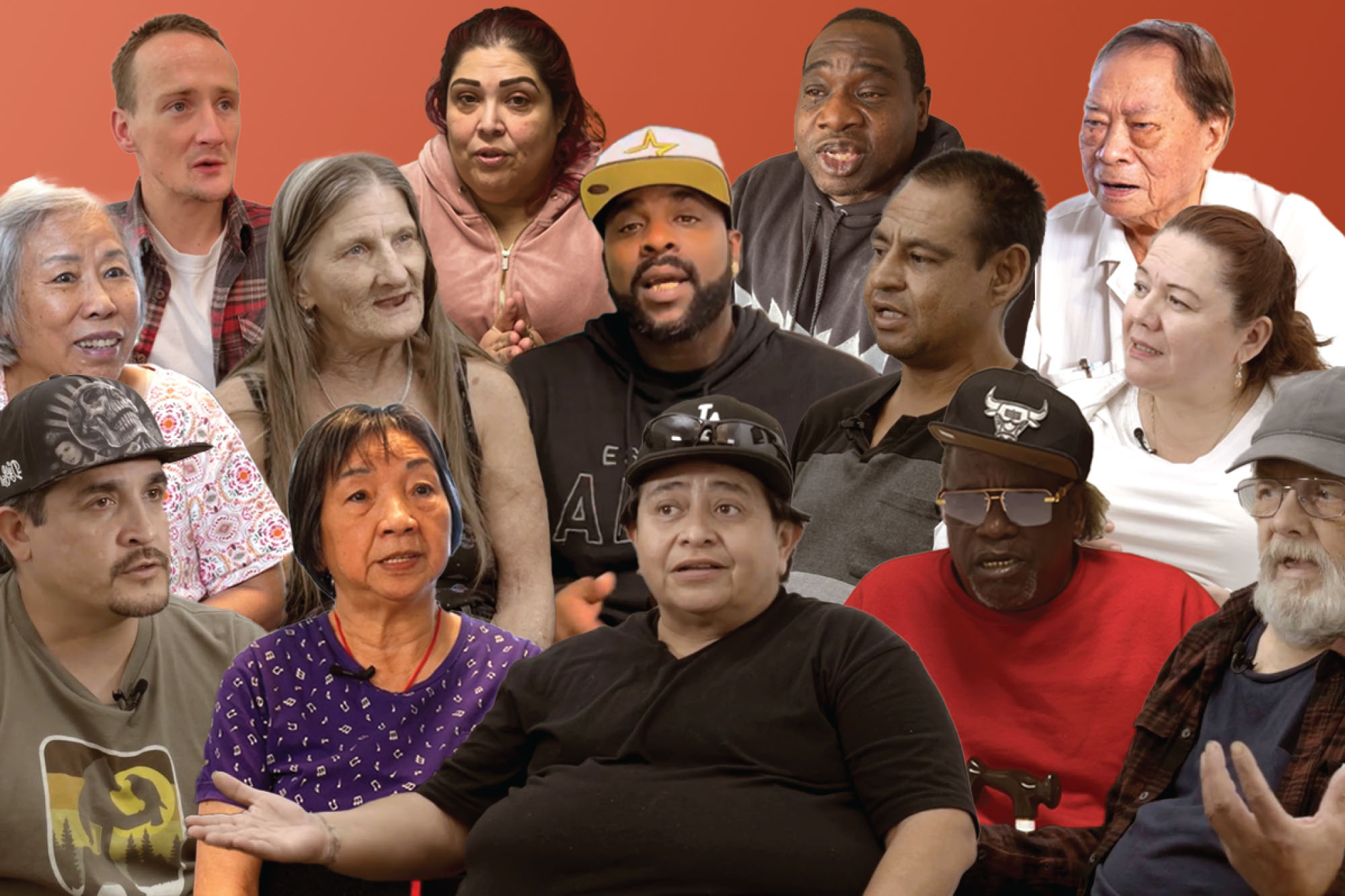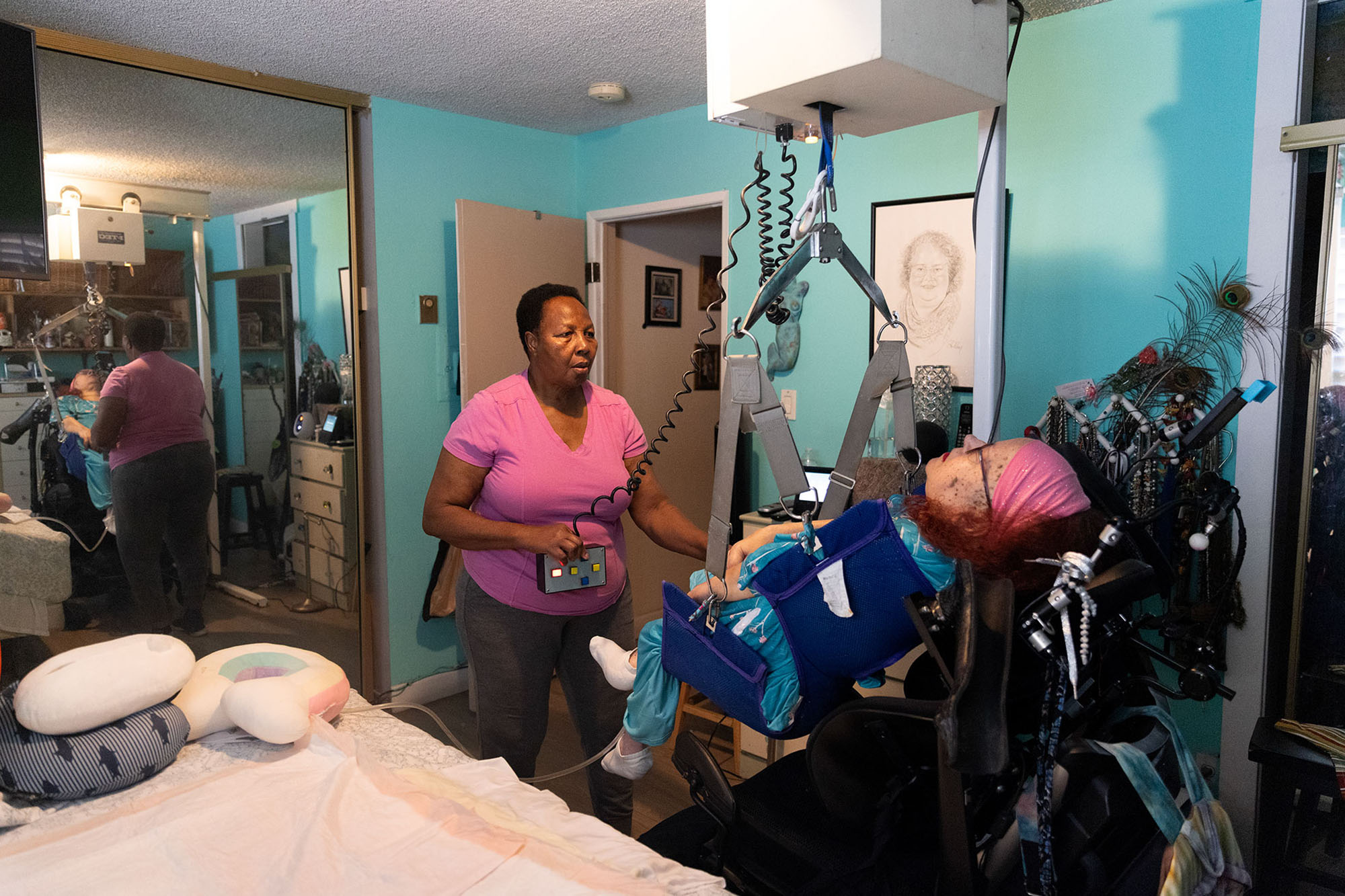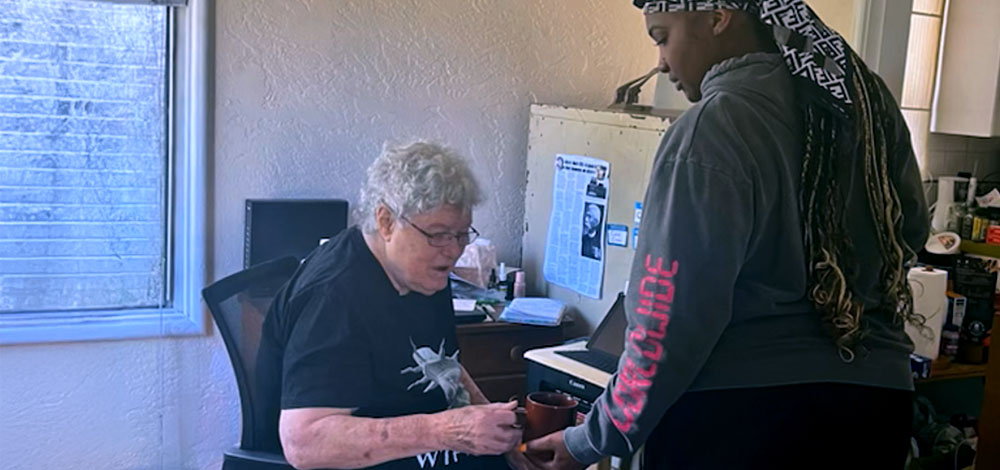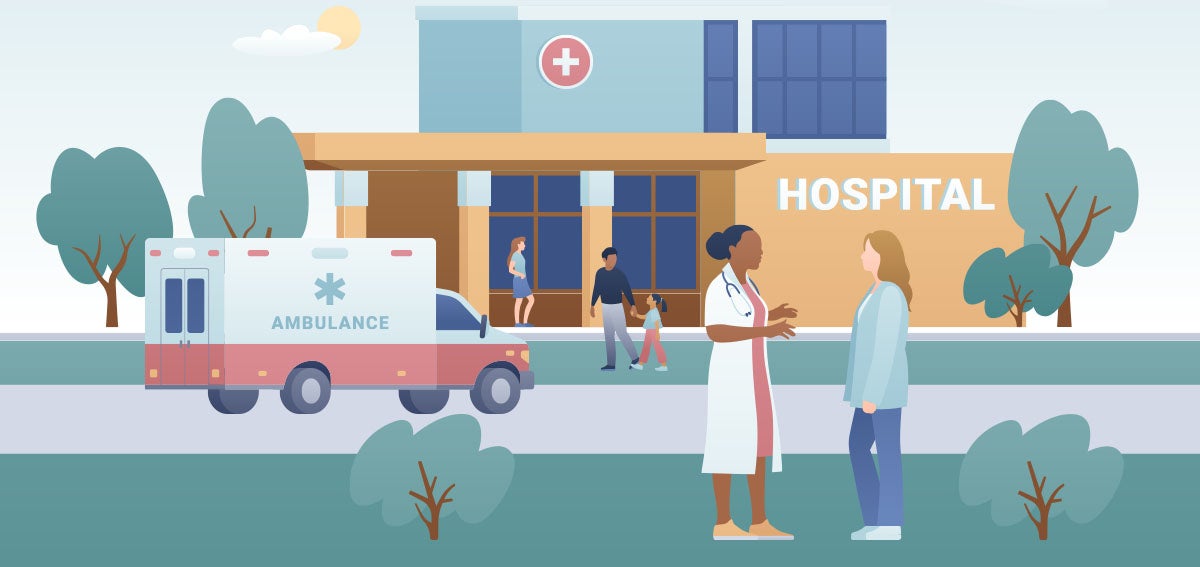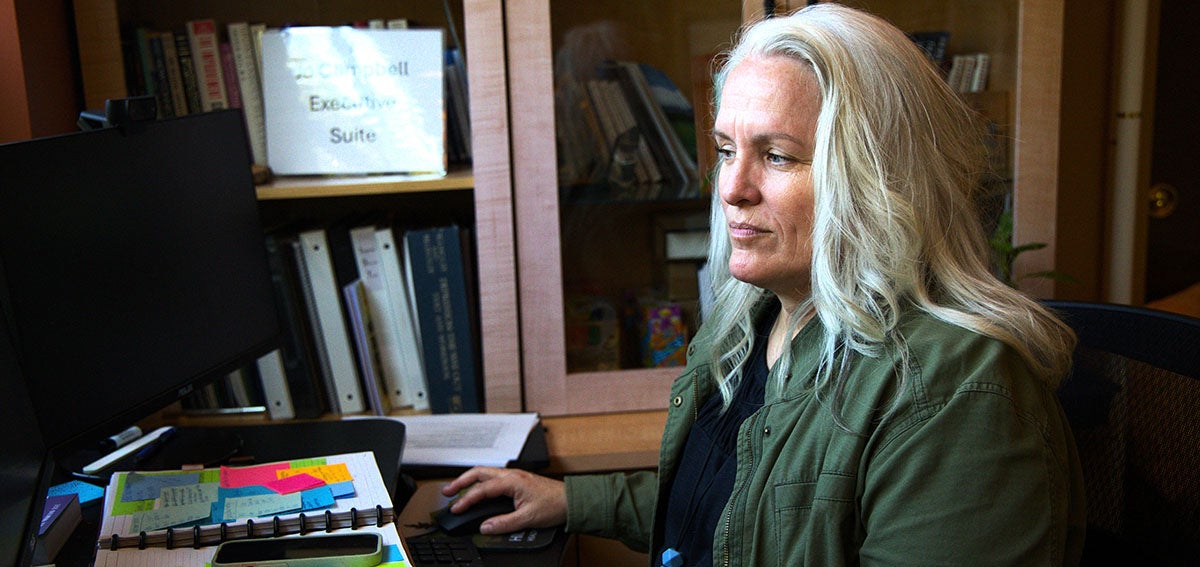View the Report
Jump to All Downloads & LinksMedi-Cal is California’s Medicaid program, which provides health insurance to individuals and families who earn low incomes, including 40% of the state’s children, half of Californians with disabilities, and over a million seniors. In total, the program covers more than 12 million people, or nearly one in three Californians.
Medi-Cal also covers a large number of working Californians, many of whom became eligible for the program because of the Affordable Care Act’s Medicaid expansion. Working Californians may be one of the least recognized or understood populations served by the program. In a 2018 poll, 42% of Californians said that they believed that most working-age adults without a disability enrolled in Medi-Cal are unemployed. Twenty percent said they didn’t know. This report combines key findings from survey data with insights from 19 in-depth interviews with enrollees to paint a more accurate and complete picture of working Californians who rely on Medi-Cal, why they came to enroll in the program, and the role it plays in their lives.
The report is accompanied by video stories from a few working Californians who participated in the in-depth interviews:
Key findings from the survey data include:
- 2.9 million workers — almost one in six (16%) of all California workers age 19 to 64 — were enrolled in Medi-Cal, according to new analysis of the 2018 American Community Survey (ACS), the latest year for which data were available at the time of this report.
- According to the ACS, the three industries with the highest rate of enrollment in Medi-Cal were (1) agriculture, forestry, fishing, and mining (32% of workers); (2) restaurants, bars, and food services (31%); and (3) “other services” (27%), a category that includes auto mechanics, hair salon workers, workers in private households, and other workers.
- 64% of working-age, nondisabled adults enrolled in Medi-Cal work either full- or part-time, according to a 2019 KFF analysis.
Some of the key themes that emerged from the in-depth interviews, provided along with direct quotes from interviewees, include:
- Employer-sponsored insurance was not an option for the workers interviewed. The vast majority were not offered coverage by their employer. The few that were could not afford it.
“I think it’d be important to understand that you could be working two, three, or four part-time jobs and still not have insurance provided by your employer. So there’s no way that your level of work is connected to your insurance in American society.”
- Those interviewed said they would go without health coverage or struggle financially if they had to pay for coverage.
“I couldn’t have done it without [Medi-Cal]. . . . They covered all my hospitalizations, my emergency room. The cost would have been too much for me to be able to pay for. I wouldn’t have been able to pay my bills if I had had to pay for my medical [bills].”
- Workers consistently said that prevention was a priority to them, and they put a premium on the ability to access care for chronic or urgent needs.
“It provides a lot of security. Since I’ve had the Medi-Cal active, I’ve thought, ‘Hey, you know, this is really great because if I think I’ve been exposed to COVID-19, I will go get a test.’ Whereas in the past I would have just been like, ‘Well, now I’ll never know.’”
- Medi-Cal provides peace of mind for workers who have it.
“The advantage of [Medi-Cal] is that they help with stress. . . . You know that if you have an accident or something, you know that you can go to the hospital. You’re worried about your health, but you’re not worried about the cost.”
- Interview participants expressed a strong commitment to work and to improving their financial situation.
“People need to realize just because we are on Medi-Cal doesn’t mean we are not working. We are hard workers, we just cannot afford the health care system.”
It is important to understand how, even before the COVID-19 pandemic, Medi-Cal was already supporting a substantial percentage of working Californians struggling to make ends meet in a high-cost state. Medi-Cal’s coverage for working Californians is even more important during the COVID-19 pandemic, as many are the “essential workers” that California is now heavily relying on.
Authors & Contributors
Laurel Lucia, MPP
Laurel, is health care program director at the UC Berkeley Labor Center.
Kevin Lee, MPH
Kevin is a Doctor of Public Health student at UC Berkeley School of Public Health.
Lucia and Lee wrote the section entitled “California Workers Enrolled in Medi-Cal: Data Analysis and Policy Context.”
Rebecca Catterson, MPH
Rebecca is a senior research director at NORC at the University of Chicago.
Lucy Rabinowitz, MPH
Lucy is a principal research analyst at NORC.
Catterson and Rabinowitz were responsible for “California Workers Enrolled in Medi-Cal Speak About Program”

